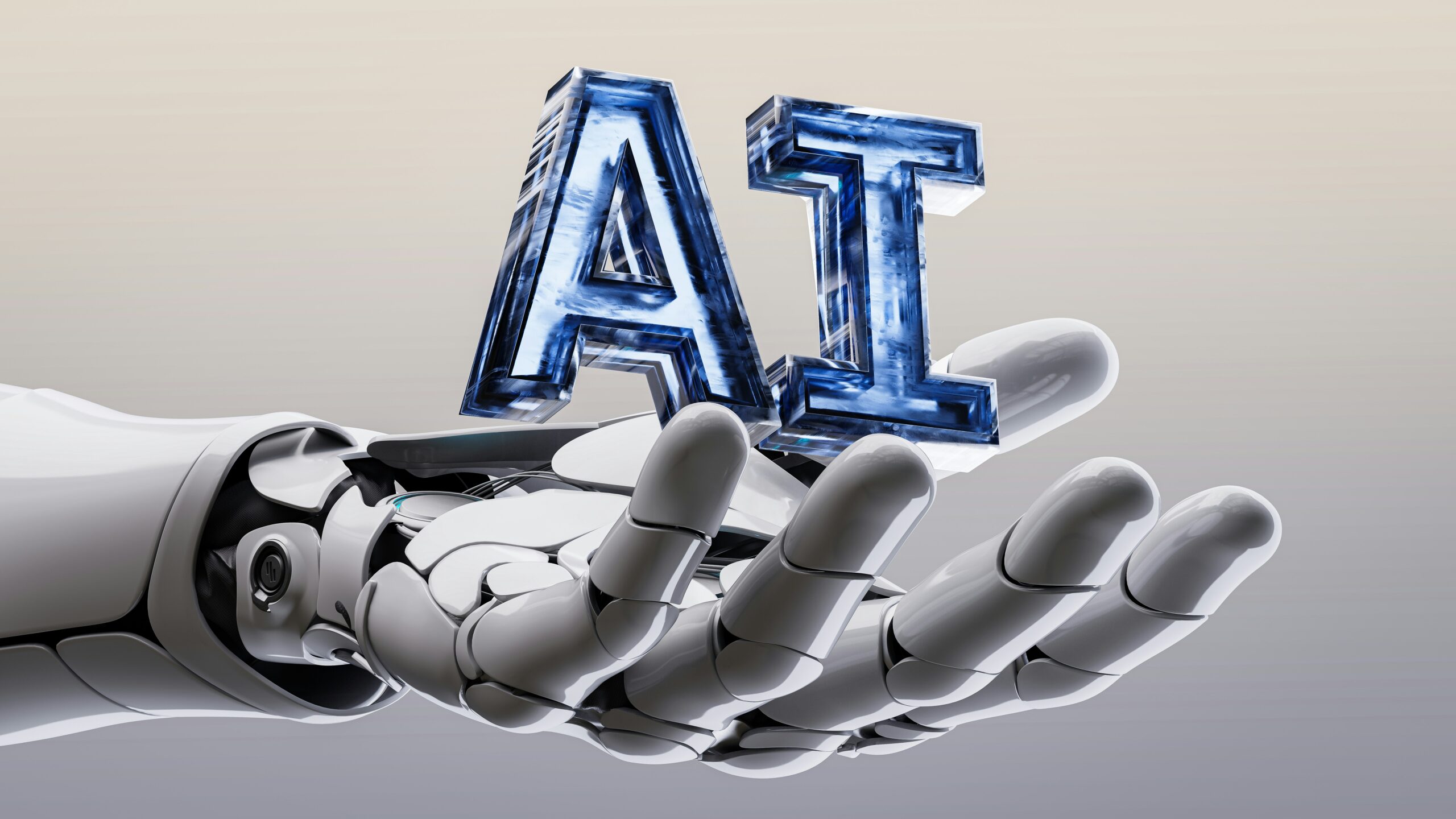
Artificial Intelligence (AI) has emerged as a transformative force across various industries, revolutionizing traditional processes, enhancing productivity, and unlocking new opportunities for innovation. From healthcare and finance to manufacturing and retail, organizations are harnessing the power of AI to streamline operations, optimize workflows, and drive sustainable growth. This article explores five industries at the forefront of AI adoption, showcasing how they are leveraging this transformative technology to boost efficiency and stay ahead in a rapidly evolving digital landscape.
Healthcare: Revolutionizing Patient Care in Artificial Intelligence
In the healthcare industry, AI is revolutionizing patient care by enabling more accurate diagnoses, personalized treatment plans, and proactive disease management. AI-powered diagnostic tools analyze medical imaging scans, such as X-rays and MRIs, with unprecedented speed and precision, helping clinicians detect abnormalities and identify early signs of disease. Additionally, predictive analytics algorithms leverage patient data to identify individuals at risk of developing certain conditions, allowing healthcare providers to intervene proactively and prevent adverse health outcomes. Through AI-driven telemedicine platforms and virtual assistants, patients can access timely medical advice and support from the comfort of their homes, enhancing convenience and accessibility to healthcare services.
Finance: Enhancing Decision-Making and Risk Management
In the finance industry, AI is transforming decision-making processes and risk management strategies, enabling organizations to make data-driven insights and mitigate financial risks more effectively. AI-powered algorithms analyze vast volumes of financial data in real-time, identifying patterns, trends, and anomalies that human analysts may overlook. This enables financial institutions to detect fraudulent activities, assess creditworthiness, and optimize investment portfolios with greater accuracy and efficiency. Moreover, AI-driven chatbots and virtual assistants provide personalized financial advice, facilitate customer interactions, and streamline routine banking operations, improving customer satisfaction and operational efficiency.
Manufacturing: Optimizing Production Processes by Artificial Intelligence
In the manufacturing industry, AI is optimizing production processes and supply chain operations, driving efficiency gains and cost savings across the entire value chain. AI-powered predictive maintenance systems monitor equipment performance in real time, detecting potential issues before they escalate into costly downtime or equipment failures. This proactive approach to maintenance minimizes disruptions to production schedules and extends the lifespan of machinery and equipment. Furthermore, AI-driven robotics and automation technologies enhance productivity on the factory floor, performing repetitive tasks with precision and speed while freeing up human workers to focus on more complex and value-added activities. By leveraging AI for demand forecasting and inventory management, manufacturers can optimize inventory levels, reduce stockouts, and improve supply chain efficiency, ensuring timely delivery of products to customers.
Retail: Personalizing Customer Experiences
In the retail industry, AI is revolutionizing customer experiences by enabling personalized recommendations, targeted marketing campaigns, and seamless shopping experiences across digital and physical channels. AI-powered recommendation engines analyze customer preferences, purchase history, and browsing behavior to deliver personalized product recommendations tailored to individual tastes and preferences. This enhances customer engagement, drives sales conversions, and fosters brand loyalty. Additionally, AI-driven chatbots and virtual assistants provide personalized customer support, answer product-related queries, and facilitate transactions in real-time, enhancing the overall shopping experience. Moreover, AI-enabled inventory management systems optimize stock levels, reduce out-of-stock incidents, and minimize inventory holding costs, ensuring that retailers can meet customer demand efficiently while maximizing profitability.
Transportation: Advancing Logistics and Mobility Solutions in Artificial Intelligence
In the transportation industry, AI is advancing logistics and mobility solutions, optimizing transportation networks, and improving operational efficiency. AI-powered route optimization algorithms analyze traffic patterns, weather conditions, and historical data to identify the most efficient routes for transporting goods and passengers, minimizing fuel consumption, and reducing delivery times. Moreover, AI-driven predictive maintenance systems monitor vehicle performance in real-time, detecting potential issues before they lead to breakdowns or accidents, thereby improving fleet reliability and safety. Additionally, AI-enabled autonomous vehicles and drones are transforming last-mile delivery operations, reducing delivery costs, and enhancing the speed and reliability of package deliveries. By harnessing AI for demand forecasting and capacity planning, transportation companies can optimize resource allocation, improve fleet utilization, and enhance overall service quality for customers.
Artificial Intelligence (AI) is reshaping industries and revolutionizing traditional business models by unlocking new opportunities for efficiency, innovation, and growth. From healthcare and finance to manufacturing, retail, and transportation, organizations across various sectors are leveraging AI to streamline operations, enhance productivity, and deliver personalized experiences to customers. By embracing AI technologies and integrating them into their workflows, businesses can gain a competitive edge, drive sustainable growth, and stay ahead in an increasingly digital and interconnected world. As AI continues to evolve and mature, its transformative potential will only continue to expand, unlocking new possibilities for efficiency, innovation, and value creation across industries.